Filter by
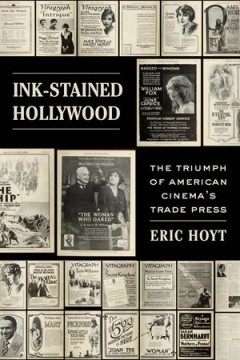
Ink-Stained Hollywood: The Triumph of American Cinema’s Trade Press
For the first half of the twentieth century, no American industry boasted a more motley and prolific trade press than the movie business—a cutthroat landscape that set the stage for battle by ink. In 1930, Martin Quigley, publisher of Exhibitors Herald, conspired with Hollywood studios to eliminate all competing trade papers, yet this attempt and each one thereafter collapsed. Exploring the c…
- Edition
- -
- ISBN/ISSN
- 9780520383708
- Collation
- -
- Series Title
- -
- Call Number
- 777 HOY i
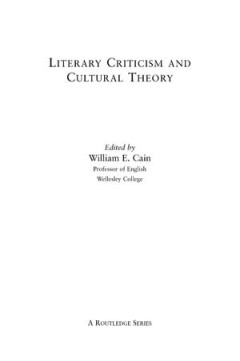
Surviving the Crossing
By examining the fiction of three women modernists--Willa Cather, Gertrude Stein, and Nella Larsen--this book complicates binary paradigms of national, gender, and ethnic identities in the interwar period. In place of essentializing categories of identity, Jessica Rabin explores the liberating and dislocating ramifications of using multiple subject positions as a means of representing identity.…
- Edition
- -
- ISBN/ISSN
- 9780203501399
- Collation
- -
- Series Title
- -
- Call Number
- -
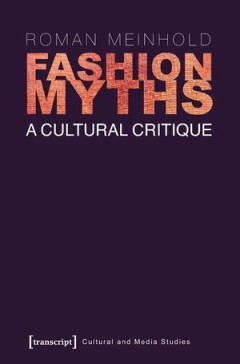
Fashion Myths: A Cultural Critique
Besides products and services multinational corporations also sell myths, values and immaterial goods. Such 'meta-goods' (e.g. prestige, beauty, strength) are major selling points in the context of successful marketing and advertising. Fashion adverts draw on deeply rooted human values, ideals and desires such as values and symbols of social recognition, beautification and rejuvenation. Althoug…
- Edition
- -
- ISBN/ISSN
- 9783837624373
- Collation
- -
- Series Title
- -
- Call Number
- -
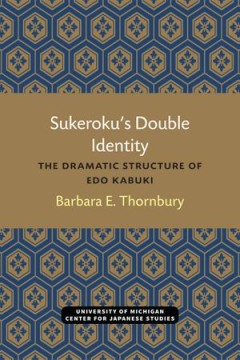
Sukeroku’s Double Identity: The Dramatic Structure of Edo Kabuki
The aim of this book is to show that seemingly illogical double identity of the townsman, Sukeroku, and the samurai, Soga Goro, in the play Sukeroku is a surviving element of what was once a complex and coherent structure based on a traditional performance calendar.To show how the calendar function and what Sukeroku's double identity signifies, the book is divided into two parts. Part One studi…
- Edition
- -
- ISBN/ISSN
- 9780472901906
- Collation
- -
- Series Title
- -
- Call Number
- -
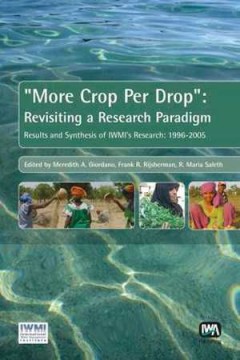
Studies in Strindberg
In this volume Strindbergs accomplishments as a dramatist are set against his achievements in other fields, as an autobiographer, painter, letter writer and theatre director.There are studies of individual plays, in which Strindbergs theatre is related both to naturalism and the theatre of the absurd, and of the role played by his life-long interest in historical drama. Other essays range from …
- Edition
- -
- ISBN/ISSN
- 9781909188020
- Collation
- -
- Series Title
- -
- Call Number
- -
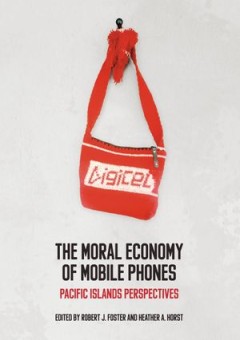
Strindberg and Autobiography
This is a book about Strindberg and about the nature of autobiographical writing. In this sensitive and discerning study, Michael Robinson has turned aside from the more traditional biographical approach to Strindberg. Instead he sets out to explore the highly idiosyncratic way in which Strindberg projected himself in language, looking at the problems which this brought in its trail, and laying…
- Edition
- -
- ISBN/ISSN
- 9781909188013
- Collation
- -
- Series Title
- -
- Call Number
- -
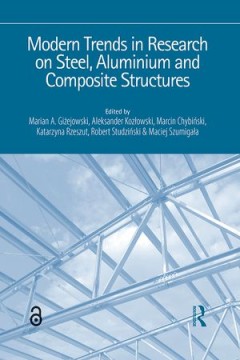
Storytelling in Northern Zambia: Theory, Method, Practice and Other Necessary…
Storytelling plays an important part in the vibrant cultural life of Zambia and in many other communities across Africa. This innovative book provides a collection and analysis of oral narrative traditions as practiced by five Bemba-speaking ethnic groups in Zambia. The integration of newly digitalised audio and video recordings into the text enables the reader to encounter the storytellers the…
- Edition
- -
- ISBN/ISSN
- 9781909254619
- Collation
- -
- Series Title
- -
- Call Number
- -
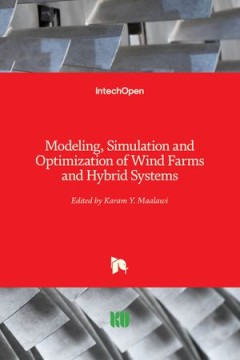
Storyplaying: Agency and Narrative in Video Games
Incontestably, Future Narratives are most conspicuous in video games: they combine narrative with the major element of all games: agency. The persons who perceive these narratives are not simply readers or spectators but active agents with a range of choices at their disposal that will influence the very narrative they are experiencing: they are players. The narratives thus created are realizat…
- Edition
- -
- ISBN/ISSN
- 9783110272451
- Collation
- -
- Series Title
- -
- Call Number
- -
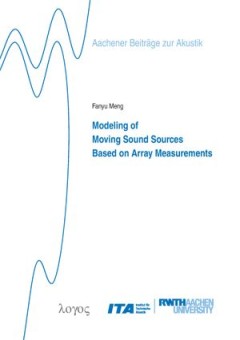
The Story of Barzu: As Told by Two Storytellers from Boysun, Uzbekistan
The ancient Persian storytelling tradition has survived until the present day among the Tajik villages in the Gissar mountains of Uzbekistan. This book explores the story of Barzu and demonstrates that the historical Transoxania, since the time of Alexander the Great, has always been a melting pot of diverse shared cultures. In the village of Pasurxi, near Boysun in the Surxandaryo region of co…
- Edition
- -
- ISBN/ISSN
- 9789087281168
- Collation
- -
- Series Title
- -
- Call Number
- -
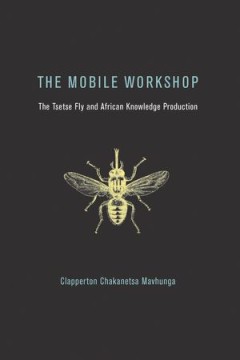
Stories of Women: Gender and Narrative in the Postcolonial Nation
Elleke Boehmer's work on the crucial intersections between independence, nationalism and gender has already proved canonical in the field. 'Stories of women' combines her keynote essays on the mother figure and the postcolonial nation, with incisive new work on male autobiography, 'daughter' writers, the colonial body, the trauma of the post-colony, and the nation in a transnational context. Fo…
- Edition
- -
- ISBN/ISSN
- 9780719068782
- Collation
- -
- Series Title
- -
- Call Number
- -
 Computer Science, Information & General Works
Computer Science, Information & General Works  Philosophy & Psychology
Philosophy & Psychology  Religion
Religion  Social Sciences
Social Sciences  Language
Language  Pure Science
Pure Science  Applied Sciences
Applied Sciences  Art & Recreation
Art & Recreation  Literature
Literature  History & Geography
History & Geography